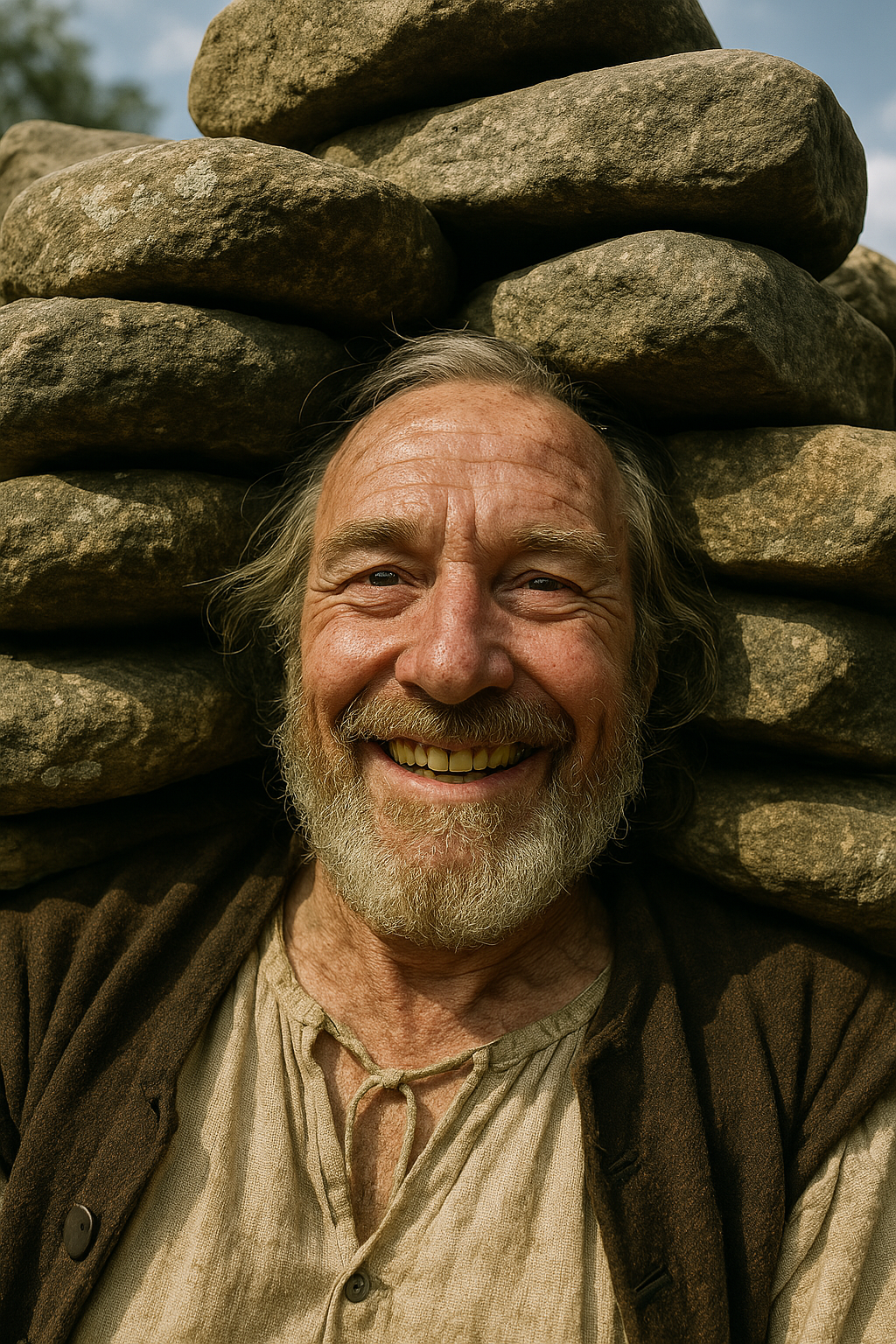
In the long and often mythologized story of American resistance, there are few names as fierce—or as forgotten—as Giles Corey.
He wasn’t a general.
He wasn’t a founding father.
He was a farmer in his 80s, living in Salem Village during one of the darkest and most irrational moments in early colonial America: the Salem Witch Trials.
And when the state demanded his submission, he responded with just two words:
“More weight.”
Who Was Giles Corey?
Born in England in 1611 and later settling in Massachusetts, Giles Corey lived a full, complicated life. By the time of the Salem Witch Trials in 1692, he was an old man—rough, stubborn, and hardened by decades of frontier living.
His wife, Martha Corey, was one of the first to speak out against the madness sweeping the colony. She questioned the legitimacy of the trials, the absurd “spectral evidence,” and the frenzy overtaking the community. For this, she was accused of witchcraft.
When Giles stood up in her defense, the court turned on him as well.
The System Demands a Plea
Like others, Corey was dragged before a colonial court and asked to plead: guilty or not guilty. But Giles Corey knew the law—and he knew the game.
By entering a plea, he would legitimize the process and allow the court to seize his property, leaving his children with nothing. If he refused to plead, the court could not proceed with a trial, and his estate would remain intact.
Corey chose silence.
It was not a passive silence. It was resistance—a calculated and costly refusal to cooperate with injustice.
Torture in the Name of Order
To force him to speak, the court sentenced Corey to peine forte et dure, or “strong and hard punishment”—a medieval practice where heavy stones were slowly piled upon the chest of the accused in an attempt to extract a plea.
Over the course of two days, Corey lay in a pit beneath a wooden board, his body slowly crushed by increasing weight. When the sheriff asked him once more to enter a plea, Giles Corey, bones cracking under pressure, simply replied:
“More weight.”
They were his last words.
The Quiet Collapse of the Trials
Giles Corey was never convicted of any crime. He was, in the end, too strong for the system that tried to break him. His refusal denied the court its power, and his brutal death shocked the public.
Many historians believe Corey’s execution was a turning point. It exposed the sheer cruelty of the trials and helped shift public sentiment against them. Within weeks, the mass accusations ceased. The hangings stopped. The machinery of fear began to slow.
Why He Still Matters
Today, Giles Corey is rarely mentioned in American classrooms. He doesn’t appear on patriotic murals or holiday decorations. Yet his death stands as one of the earliest and most potent acts of civil disobedience in American history.
In an era before free speech protections, before constitutional rights, before due process was truly secure, one man resisted a corrupt court with silence and integrity—and paid for it with his life.
He wasn’t a hero in the way our culture tends to recognize.
He was better than that.
A Legacy of Steel
We live in a time when many claim to resist. Protest is branded. Outrage is monetized. And everyone, it seems, is a warrior on a digital battlefield.
But resistance—real resistance—has always looked more like Giles Corey.
Quiet. Resolute. Unshakable.
He didn’t yell. He didn’t run.
He laid down in the dirt, faced tyranny, and didn’t give it an inch.
“More weight.”
Three centuries later, those two words still speak.


